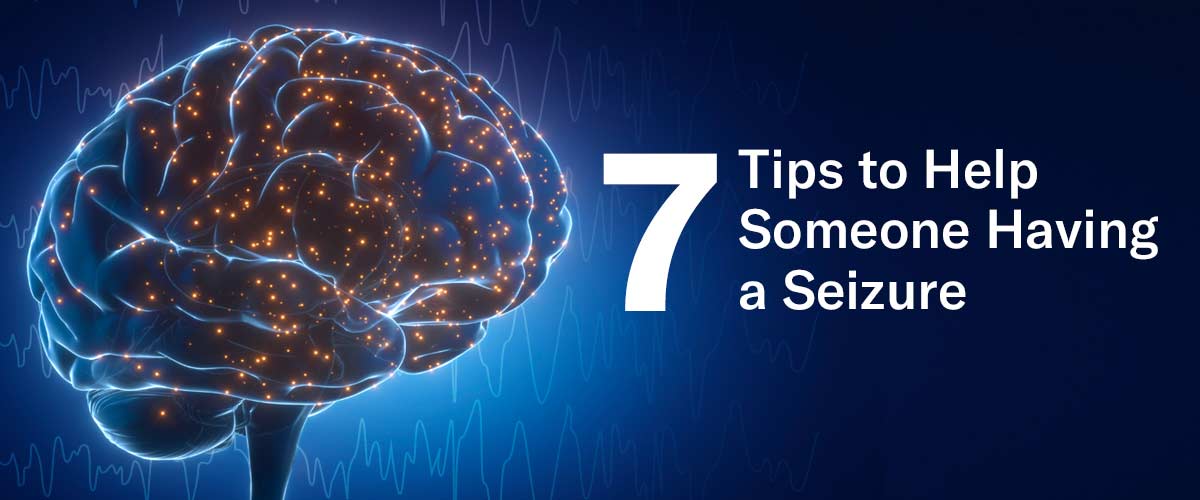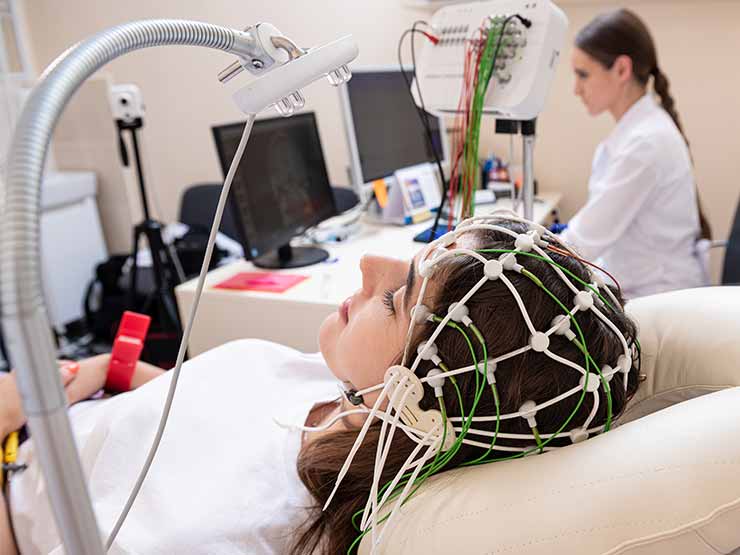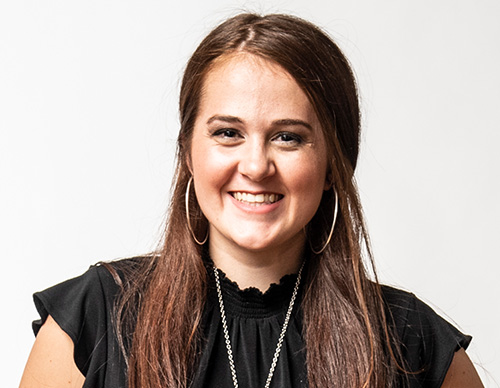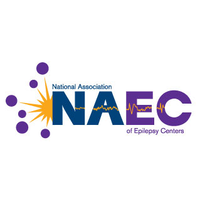Why Choose Us
Recognizing the lifelong struggles that people with epilepsy face, NewYork-Presbyterian's epilepsy teams and Pediatric Epilepsy teams use innovative therapies to help you gain control of your seizures so you can have a better quality of life. Education and support are available for you and your loved ones.
Our Team
Our TeamOur comprehensive Epilepsy Centers are among the most active programs on the East Coast. They are major referral centers for the treatment of patients with hard-to-control seizures. While our specialists teach young people with epilepsy how to advocate for their own healthcare needs as they age, we work hard to connect adult patients with appropriate specialists.
Our Approach to Care
Our Approach to CareWe use the most advanced electrodiagnostic testing to evaluate your brain function and seizures, including:
- Electroencephalography (EEG or "brain wave test"), an examination of spontaneous brain activity. At NewYork-Presbyterian, we offer outpatient 24-hour EEG testing, enabling you to move around and go about your day while the testing is being performed.
- Video-EEG monitoring to diagnose complex seizure disorders while you stay in the hospital for four to five days in one of our epilepsy monitoring units.
- Intracranial monitoring, the placement of electrodes on your brain. This is useful if your doctor decides you may benefit from epilepsy surgery, but it is not clear exactly where in the brain your seizures are coming from.
24/7 Epilepsy Monitoring Units
24/7 Epilepsy Monitoring Units
Patients will often stay in one of our state-of-the-art Epilepsy Monitoring Units as part of the process of getting an accurate diagnosis. These units are available for adults and for children. NewYork-Presbyterian's world-class expertise, and facilities including our Epilepsy Monitoring Units, has earned us accreditation as a level 4 Epilepsy Center. As a result, many other centers refer patients to us for diagnosis and treatment.
Evaluation in an Epilepsy Monitoring Unit usually involves a stay of 3 to 5 days. It may be recommended to:
- Confirm that your seizures are epilepsy and not something else
- Adjust medication safely, under constant observation
- Monitor how many seizures you are having, and for how long
- Determine if you are a candidate for epilepsy surgery
During your stay in the Epilepsy Monitoring Unit a multidisciplinary team of epilepsy experts will record your seizures as they occur and perform testing as needed. You will need to stay overnight to allow for 24/7 monitoring. We encourage you to have someone to stay with a partner, spouse, or caregiver for an adult, or a parent for a child. Patients have private rooms with pull-away beds for this purpose.
Accessible Epilepsy Care Throughout New York
LocationsIn partnership with our main academic medical centers in Manhattan, we also offer specialized epilepsy services for children and adults across the New York area, with inpatient monitoring and outpatient care available in Brooklyn, Queens, and Westchester County. Our network makes it easy for patients to access care in the most convenient way, with a range of telehealth options also available at all centers.
Support for Patients with Epilepsy and their Families
Support for Patients with Epilepsy and their Families
Epilepsy is a disease of the brain characterized by unprovoked seizures. If you are one of the more than 2.7 million Americans living with epilepsy symptoms, our team understands how much this illness can affect your quality of life, including your ability to work, raise a family, or go to school. We are committed to working with you to find the best treatment to control your seizures.
Both adult and pediatric epilepsy care begins with an accurate diagnosis. In our state-of-the-art Epilepsy Monitoring Units, we combine video and electroencephalography (EEG) monitoring to assess seizure type, location, and frequency. We sometimes place electrodes inside the brain (intracranial monitoring) with minimally invasive robotic assistance (stereo electroencephalography) and may perform imaging exams and neuropsychological testing to confirm your diagnosis.










